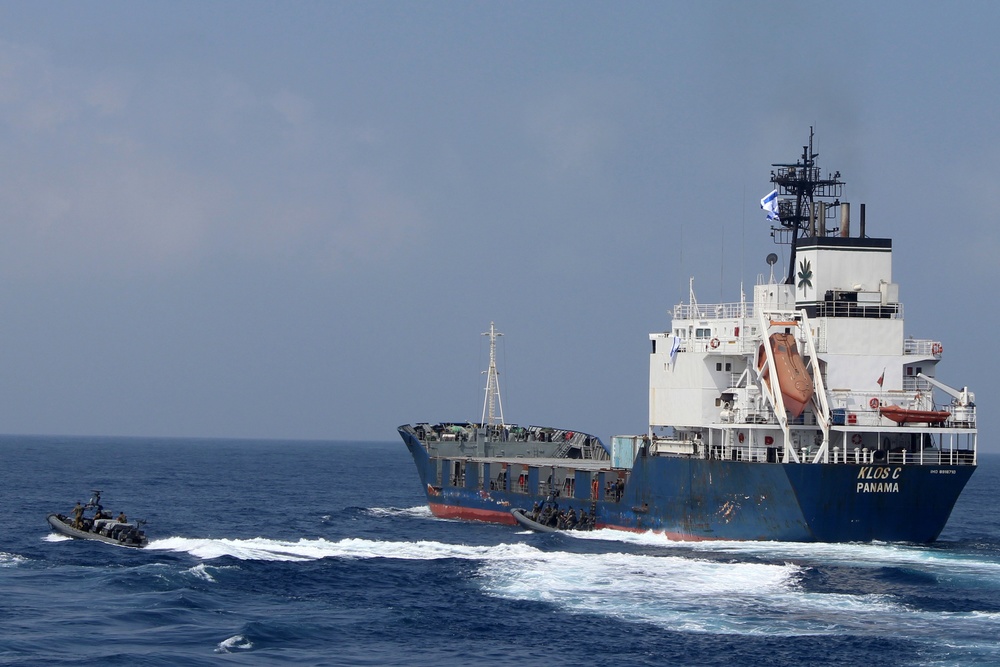U.S. oil benchmark futures held steady around $57 a barrel before government data forecast to show crude inventories expanded from a record.
Crude stockpiles probably topped 490 million barrels last week for the first time in more than 80 years, according to a Bloomberg survey before a government report Wednesday. Prices surged earlier after a report that Iran had seized a U.S. cargo vessel, a claim later denied by the Pentagon.
Oil’s recovery from a six-year low in March has faltered as U.S. inventories continue to gain, even as drillers cut the number of active rigs to the lowest level since October 2010. Saudi Arabia said it will keep pumping oil to meet any demand, increasing concern a global glut may persist.
“There’s a lot of bearish sentiment here, but I don’t think we will move much lower until we get the inventory reports,” Bob Yawger, director of the futures division at Mizuho Securities USA Inc. in New York, said by phone.
WTI for June delivery gained 7 cents to $57.06 a barrel on the New York Mercantile Exchange. The volume of all futures traded was 34 percent below the 100-day average for the time of day.
Brent for June settlement fell 19 cents to $64.64 a barrel on the London-based ICE Futures Europe exchange. Total volume was 28 percent lower than the 100-day average. The European benchmark crude traded at a $7.58 premium to WTI.
Crude stockpiles probably rose 2.9 million barrels last week, according to a Bloomberg survey. Inventories expanded the prior 15 weeks to 489 million barrels, the highest level in weekly Energy Information Administration data that started in August 1982. Supplies haven’t been this high since 1930, according to monthly records dating back to 1920.
Inventories have gained despite the decline in the rig count. U.S. drillers cut the number of active rigs to 703 last week, the lowest level since October 2010.
The American Petroleum Institute was said to report that supplies advanced 4.2 million barrels last week, according to a person familiar with the survey. Stockpiles at Cushing, Oklahoma, the delivery point for WTI futures, were said to have dropped 162,000.
Iranian forces boarded a Marshall Islands-flagged cargo ship in the Strait of Hormuz, the U.S. said, denying an earlier report that the seized vessel was American.
“If it’s not a U.S. ship, this is probably just a coast guard action that all countries are engaged in,” said Bill O’Grady, chief market strategist at Confluence Investment Management in St. Louis, which oversees $3.4 billion. “It’s not an international incident and it should have absolutely no impact on oil prices.”
The MV Maersk Tigris was fired at by patrol boats and boarded at about 9 a.m. GMT on Tuesday, after the captain refused an order to move deeper into Iranian waters, Army Colonel Steve Warren told reporters at the Pentagon. The U.S. has sent a destroyer and aircraft to monitor the ship, he said, adding that no Americans were on board.
The ship, with a crew of 24 on board, was in international waters when it was seized, said Cor Radings, an external spokesman for Rickmers Ship Management, the vessel’s manager. It’s not clear why the Iranians impounded it, and Rickmers is seeking to re-establish contact with the ship, Radings said.
Iran and world powers are in talks to reach a final nuclear deal by the end of June that may result in sanctions being lifted against the Persian nation’s oil exports.
Source: Bloomberg












